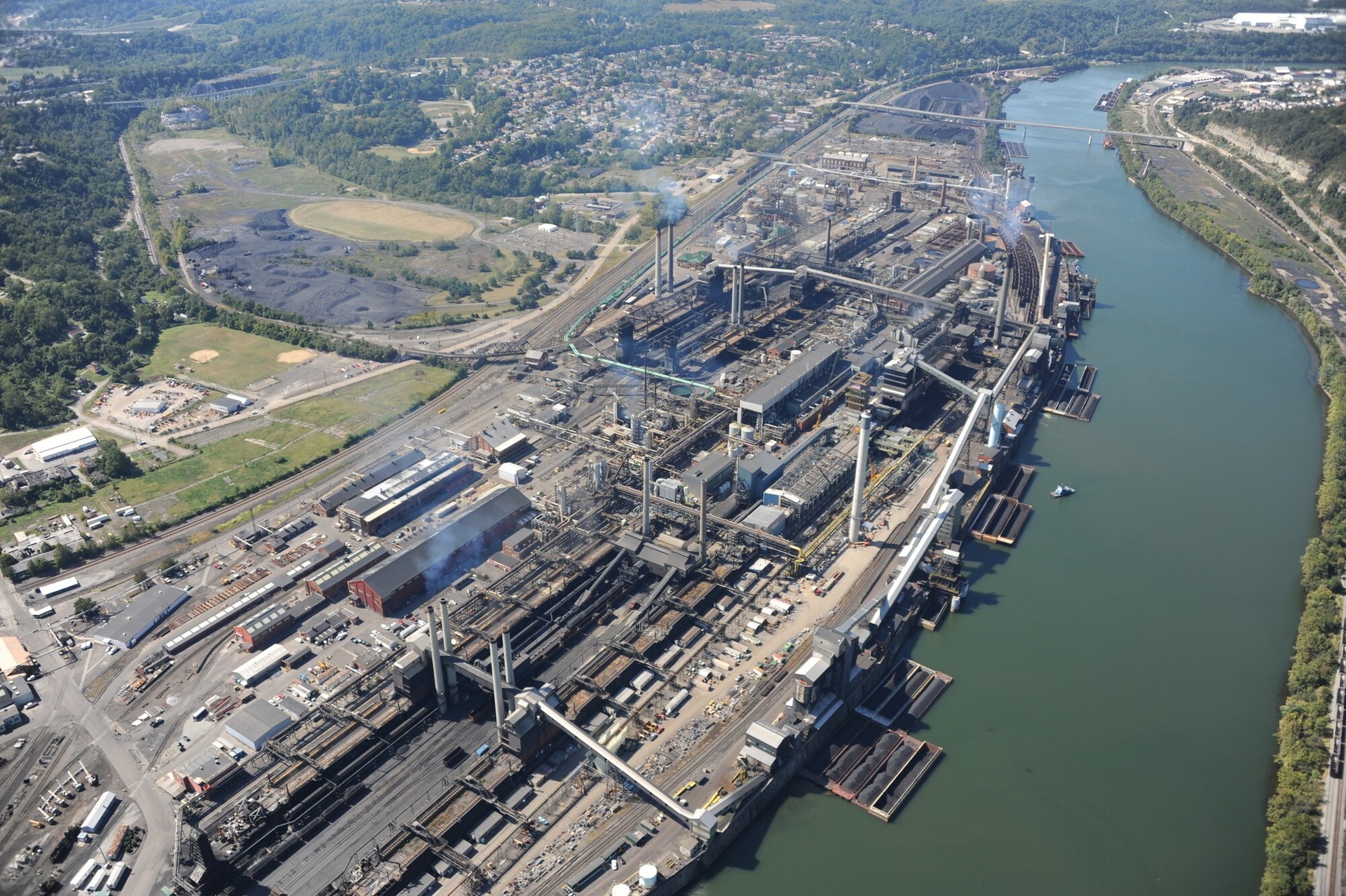The Steel Industry Must Kick Its Coal Habit
Ariana Criste, Senior Communications Strategist

In a world rapidly shifting toward a cleaner, more sustainable economy, coal-based steelmaking stands as a relic of the past, a major contributor to climate change, and a hazard to public health.
As our partners at SteelWatch explained in their recent Sunsetting Coal in Steel report, when you dig deeper into the US steel industry’s climate and air pollution problem, coal is at the center. The time has come to examine the lesser-known yet equally concerning cousin of thermal coal: metallurgical coal, or met coke.
The Met Coke Problem: Fueling Climate and Health Hazards
While the world's attention has understandably been focused on the risks of thermal coal, metallurgical coal has quietly continued to cast its shadow on our climate and public health. The harms it inflicts are far-reaching:
Methane Emissions: The extraction of metallurgical coal unleashes staggering amounts of methane emissions into the atmosphere, a potent greenhouse gas. According to research from the IEA, methane leakage from metallurgical coal mining is anticipated to create 1 Gt CO2e annually.
Pollution and Health Issues: The human cost of met coke is undeniable. Coke ovens are responsible for over 40% of the carcinogens released in blast furnace steelmaking. According to a study published in the journal Environmental Research Health, cardiovascular ER visits decreased by 42% after one of Pittsburgh's most polluting coke ovens facilities closed in 2016 and kept declining for years.
Carbon Footprint: Burning met coke in blast furnaces is a major driver of the steel industry's carbon footprint. Under "business as usual" conditions, coal-based steelmaking is projected to consume nearly 25% of the world's remaining carbon budget by 2050.
Embracing a Cleaner Future for Steel
The steel industry faces a critical choice: continue down the path of coal-based steelmaking, which threatens our climate and the well-being of fenceline communities, or pivot toward cleaner, more sustainable alternatives.
Fortunately, we stand at the brink of a new era in steel production, one marked by rapid advancements in clean alternatives to coal-based steelmaking. By embracing a coal-free future for steel, we can:
Safeguard Our Climate: Transitioning away from coal-based steelmaking will help preserve a livable climate and contribute to global efforts to combat climate change.
Alleviate Health Concerns: Communities living near steel plants will experience relief from the health issues caused by coal-based steel production.
Fortify the Steel Industry: A cleaner, more sustainable approach to steel production will ensure the long-term viability of the US steel industry as the world pivots to cleaner production.
In this pivotal moment, the choice is clear: the US steel industry must shed its coal addiction and forge a brighter, cleaner future for all.